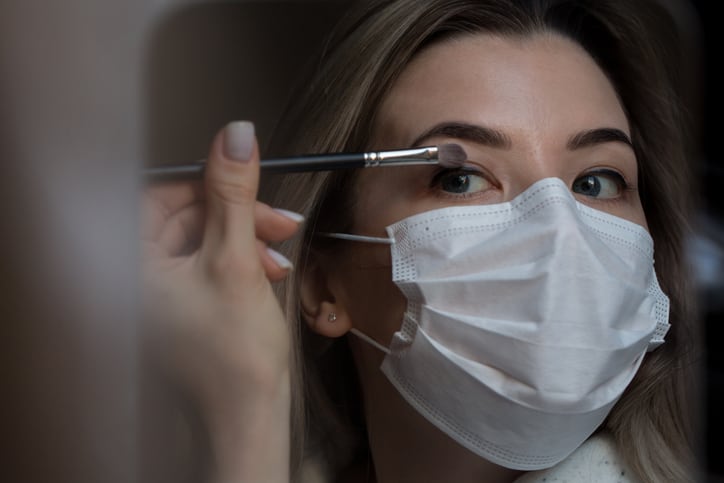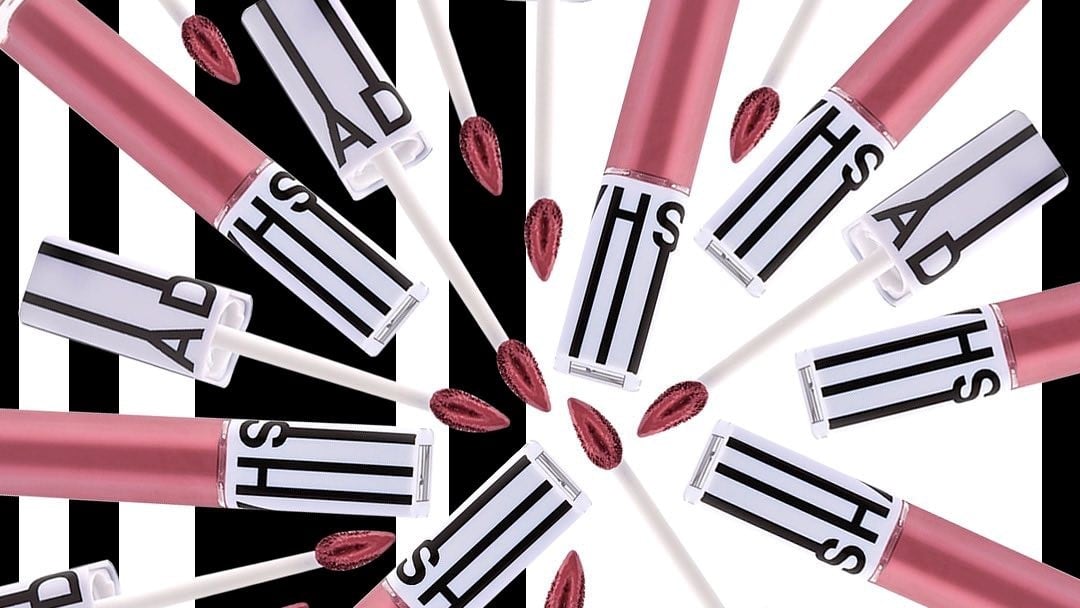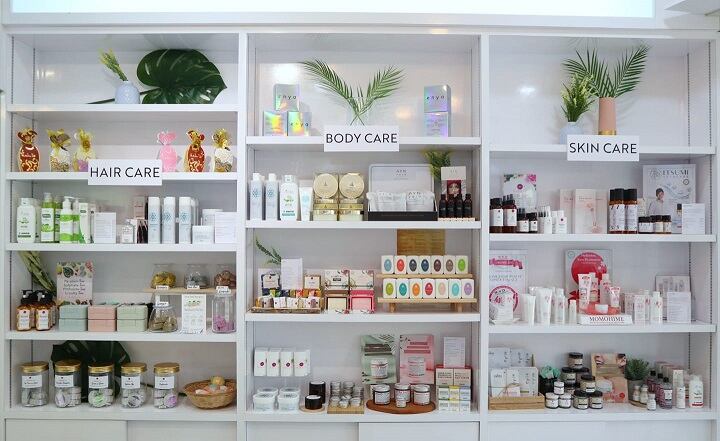This data was according to the recent State of the Global Islamic Economy Report 2020/21 published by DinarStandard and Salaam Gateway.
Sales of cosmetics and fragrances fell by 55% and 75% respectively with reduced demand for products like lipsticks due to the wearing of face masks.
However, the outbreak has modified consumer demand for above-the-mask products such as eye care, eye make-up, hand creams, face creams, and hand sanitisers.
Last year, we reported that halal nail polish and perfumes were touted as hot sectors for cosmetic growth in 2020.
Consumer spending
The global halal cosmetic market was valued at US$66bn in 2019, growing 3.4% from 2018. Given the impact of Covid-19, the report anticipates that consumer spending will drop 2.5% to US$64bn.
However, by 2024, it is expected to grow at a CAGR of 2.9% to reach US$76bn.
The top five halal cosmetic consumer markets in 2019 were India (US$6bn), Indonesia (US$4bn), Russia (US$4bn), Malaysia (US$4bn) and Turkey (US$4bn).
The halal cosmetic market size is estimated to be around 1.9 billion people.
Innovative products
As mask-wearing, stay-at-home restrictions and social distancing continue to be a norm in many countries, recovery for beauty and cosmetic products, especially make-up is expected to be sluggish.
However, this presents opportunities for other products such as skin care as well as new innovation.
One example is L’Oréal Indonesia, which saw rapid growth of at-home beauty treatments such as facial masks and hair dyes. Sales of above-the-mask products such as eye care and eye make-up also grew during the pandemic.
Indonesia’s Wardah also launched a halal-certified face cream to protect against blue light from screens, as consumers were working at home.
The report suggest that brands can cater to these Covid-19 ‘new normal’ beauty trends with new product offerings.
Regulations and trade developments
Despite the slight setback this year, the halal cosmetic industry is poised for growth.
With Indonesia’s compulsory halal labeling law phasing in, cosmetic importers and producers will have until October 2026 to get certified. The mandatory labeling law is expected to be a major driver behind the growth of halal cosmetics in its own market of over 270 million people.
Trade agreements and partnerships are also set to boost exports, particularly between South America, Europe, and Middle East.
The Dubai Airport Freezone Authority (DAFZA) signed a Halal Trade and Marketing Center service partnership with the Arab-Brazilian Chamber of Commerce to develop halal trade including cosmetics.
The European Union, Brazil, Argentina, Paraguay and Uruguay have signed a trade agreement eliminating tariffs, including 18% on chemicals used for cosmetics.
However, the report also cited a challenge hindering the growth of halal cosmetics.
“Standards for halal cosmetics have not kept pace with the sector’s evolution, while specific criteria are limiting companies’ portfolio options.”
For instance, “Malaysia’s JAKIM will not halal certify nail polish, as it gives a negative implication towards religion and wudhu (cleansing) before praying.”
Another challenge was receiving investments for halal cosmetics start-ups.
Nour Khalife, CEO and co-founder of UAE-based Shade M Beauty, which launched in 2020 selling halal beauty products said: “It’s not an easy field to raise money in. Not being categorised as tech, and having most investors being males adds to the challenge, as they don’t always engage easily with the beauty industry.”




